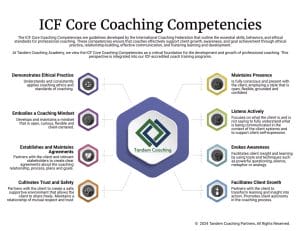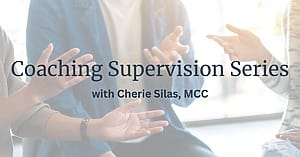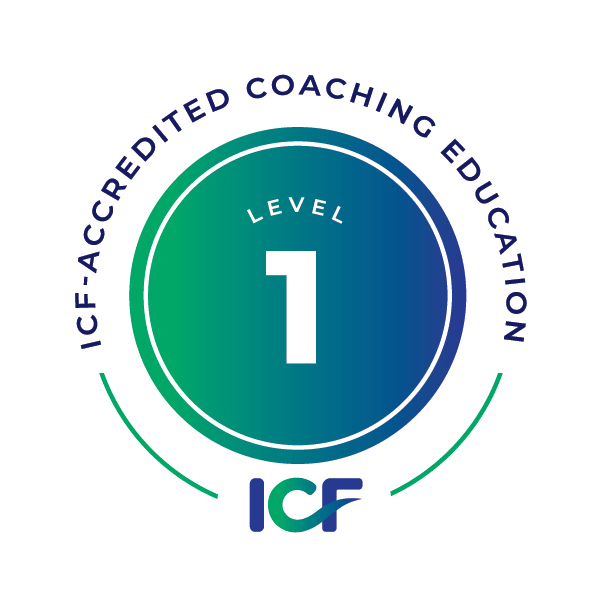ICF defines this embodiment of a coaching mindset as developing and maintaining a mindset that is open, curious, flexible, and client-centered. The first indicator that the coach is embodying the coaching mindset is:
- Acknowledges that clients are responsible for their own choices
What does it mean to acknowledge that clients are responsible for their own choices?
I don’t believe that this acknowledgment is intended to be just what a coach says to a client. The intention is not a checkbox whereby the coach says, “You are responsible for your own choices,” though that may often happen in practice. This indicator is about the coaches acknowledging to themselves and accepting that clients are responsible for their own choices. This acknowledgment becomes a powerful influencer of the way the coach thinks, believes, and approaches her interactions with clients.
In order to more clearly develop an understanding of this first point, ask yourself this question, “How will I interact with others if I truly believe that they are responsible for their own choices?” Here are a few things that rise to the surface for me.
If I truly believe that others are responsible for their own choices, I will:
- respect that my client’s way of doing things may be different than my own and recognize that they are the best judge of what is right for their life and situation
- be transparent, straightforward, and honest in my observations
- support their definition of success and partner with them to achieve that end
- hold accountability as a mirror so they can examine their decisions, actions, and inactions and determine the next step
- see them as competent, able to make the right choices and not in need of my fixing, advising, correcting, suggesting, or influencing
- believe that they can make the best decision to change or not to change and will respect their choice
I will not:
- become frustrated when they aren’t moving fast enough, changing consistently enough, or when they seem to be moving in reverse
- push my own agenda, thoughts, opinions, and desires on them; nor will I try to influence them to see things my way
- judge their actions, inactions, decisions, or words to be right or wrong; instead, I will be curious about what they can discover through them
- try to rescue them, coddle them, or protect them
In short, this first indicator of coaching mindset goes far beyond what you do in a coaching session and encourages you to examine who you are as a coach. This sets a high bar and draws a clear distinction from how coaches with ICF credentials are responsible for being with their clients. It also sets clear expectations for clients about what they can expect from an ICF accredited coach. My question to you is, how closely are you aligned to this competency as an agile coach? Something to think about for sure.

Unlock Your Coaching Potential with Tandem!
Dive into the essence of effective coaching with our exclusive brochure, meticulously crafted to help you master the ICF Core Coaching Competencies.
"*" indicates required fields
About the Author
Cherie Silas, MCC
She has over 20 years of experience as a corporate leader and uses that background to partner with business executives and their leadership teams to identify and solve their most challenging people, process, and business problems in measurable ways.















